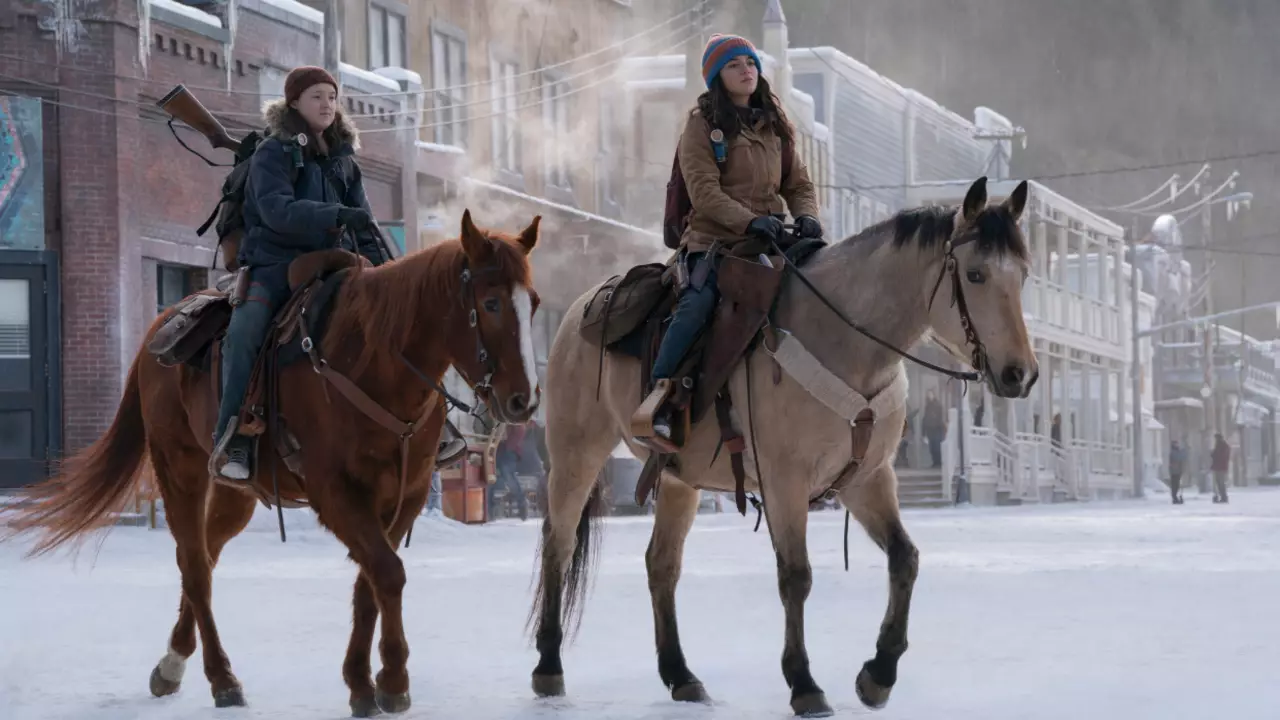The world of television adaptations is a complex terrain, particularly when the source material is a beloved video game. HBO’s adaptation of *The Last of Us* has garnered tremendous success, effectively capturing the emotional depth and narrative richness of its gaming counterpart. As the show gears up for its highly awaited second season set to premiere this April, there’s palpable excitement and uncertainty among fans regarding the creative choices that lie ahead. In a recent interview, showrunner Craig Mazin provided insights that illuminate the direction Season 2 will take, hinting at a departure from the game’s original timeline.
One of the most intriguing aspects of Mazin’s revelations is his acknowledgment that Season 2 will not strictly adhere to the timeline established by the game. In Mazin’s words, the approach involves a deliberate manipulation of narrative structure aimed at enhancing the storytelling experience for television. His use of the term “messed around” is particularly telling; it suggests a willingness to experiment while maintaining a focus on delivering a narrative that resonates deeply with the audience. The complexity of storytelling in *The Last of Us: Part II* game, which is characterized by a non-linear progression as players switch between protagonists Ellie and Abby, sets a high bar. However, this narrative complexity also grants the television adaptation the freedom to explore new pathways, thereby enriching its episodic format.
Co-showrunner Neil Druckmann underlined that while they experimented with various narrative layouts, revealing these details would risk spoiling the surprises in store. This design philosophy can be essential in the realm of adaptations, allowing the creators to weave elements that enhance viewer engagement without compromising the essence of the original story. The art of adaptation often involves a careful balancing act: remaining faithful to the beloved source material while also crafting a fresh narrative that stands on its own.
Character Development and New Faces
Intriguingly, Season 2 will introduce not just new storyline twists but also new characters. The decision to create a character not found in the games speaks to the showrunners’ commitment to expanding the *Last of Us* universe, allowing deeper exploration of its themes. Amidst these additions, the casting of Kaitlyn Dever as Abby has stirred conversations about character portrayal. Despite Dever not physically transforming to the extent seen in the game, her casting aligns with an understanding that emotional depth and performance can carry the weight of character development far beyond mere physical representation.
The show aims to introduce a character previously only mentioned in the games; this approach can serve to enrich the narrative tapestry, providing context and depth to the world that fans are already captivated by. In a medium as dynamic as television, these carefully crafted character arcs and introductions can create significant emotional stakes that players will be curious to see translated to the screen.
With the second season approaching, viewer anticipation mounts, but so does the potential for divided opinions among fans. Mazin explicitly acknowledged the nature of adaptations and the inevitable discussion they spark. By stating that he and his team do not tailor their narrative paths to please social media sentiments, Mazin affirms a commitment to authentic storytelling. This approach, though fraught with potential backlash, is essential for storytelling integrity. Strong reactions are part of what makes adaptations engaging; they reflect an investment in the characters and narratives already established.
As the arrival of Season 2 coincides with the surge of video game adaptations, including a *Minecraft* film and an adaptation of *Until Dawn*, it symbolizes a burgeoning interest in narratives transitioning from interactive mediums to mainstream viewing. Amid these developments, even the gaming community anticipates exciting announcements, such as the rumored *The Last of Us Part 3*.
HBO’s *The Last of Us* is poised to embark on a new chapter that promises to challenge expectations while remaining rooted in its emotional core. As viewers ready themselves for the upcoming season, they must also embrace the journey, prepared for the storytelling evolution that lies ahead. With *The Last of Us* as a cornerstone, the landscape of adaptations continues to evolve as both a challenge and an opportunity for innovation.


Leave a Reply